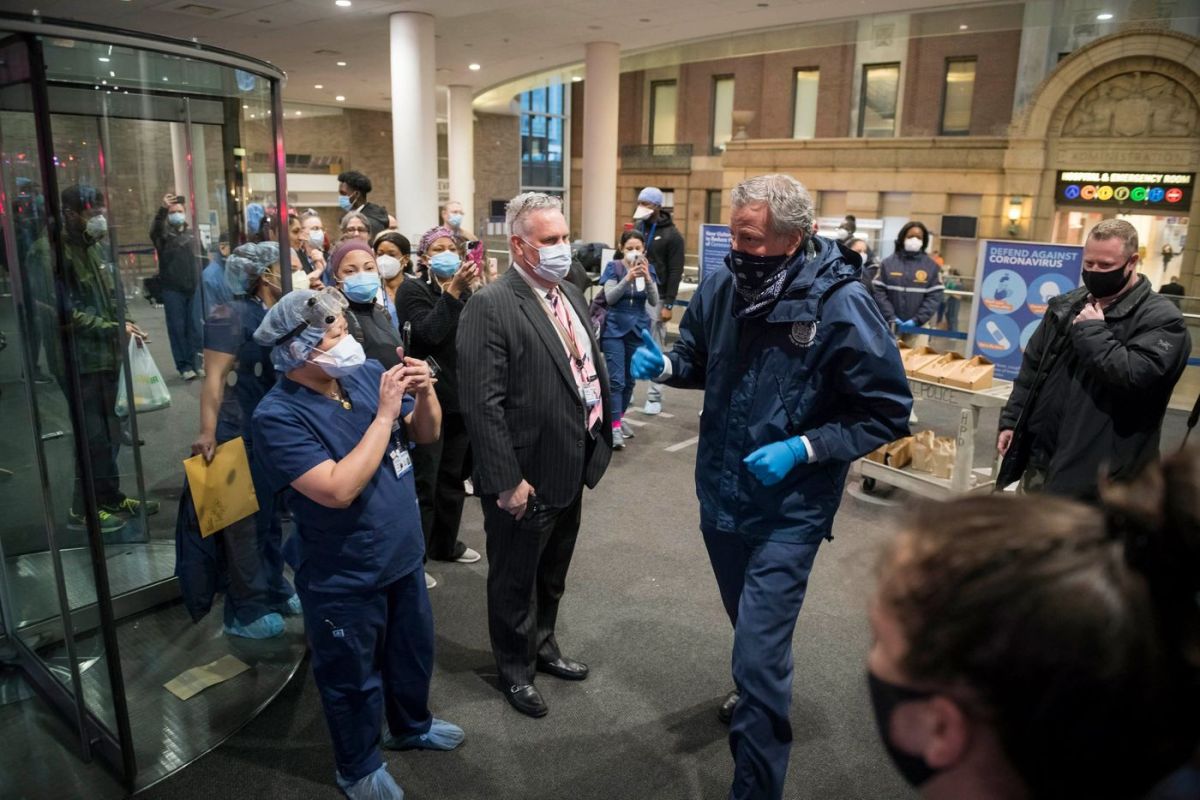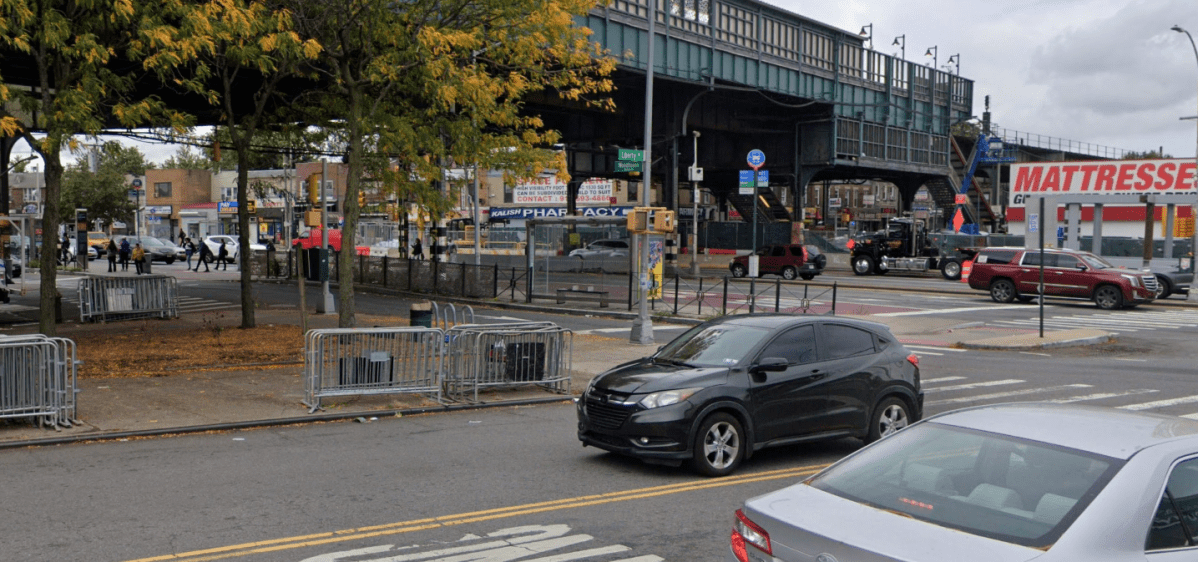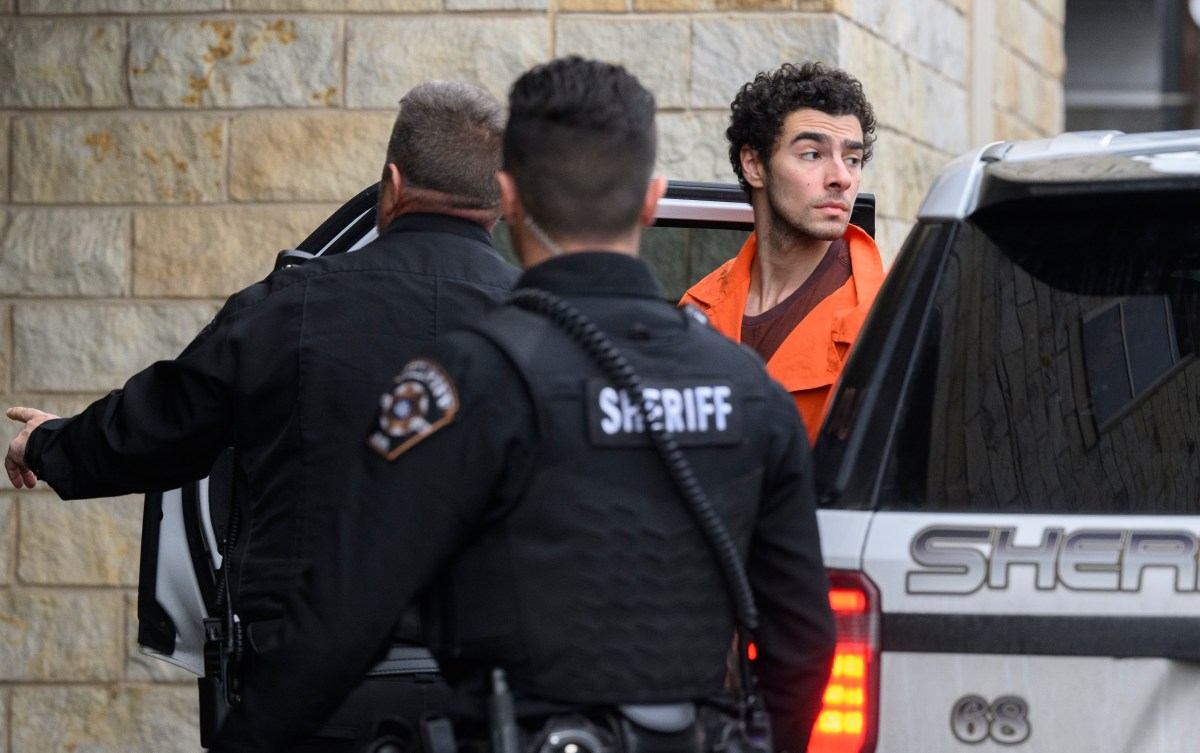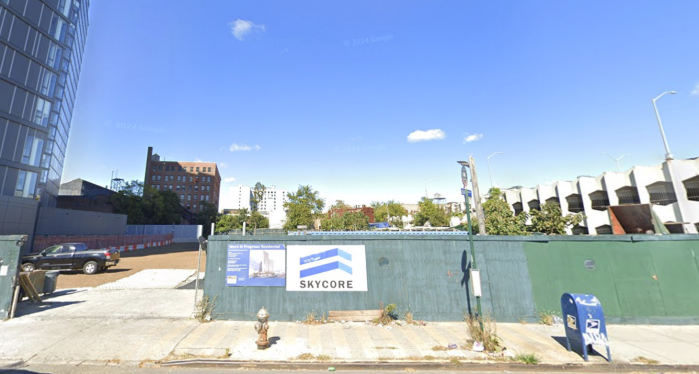
BY GREG B. SMITH. This story was originally published on April 12, 2020 by THE CITY.
During a walk-through of Bellevue Hospital arranged by hospital officials for NBC News, Dr. Nate Link, chief medical officer, said staff had all the protective gear they needed, insisting everything was under control at the nation’s oldest public hospital.
When the reporter asked during the April 3 report, “Is there sufficient PPE [Personal Protective Equipment]?,” Link responded. “Oh, yeah. Absolutely.”
“The staff was wild about that,” said a Bellevue nurse who spoke to THE CITY on the condition of anonymity. “When you have someone like Link saying it’s under control, that’s just not true.”
The nurse instead described hectic conditions where last week medical staff struggled to obtain adequate protective gear and manage patient caseloads beyond anything they’ve experienced before. On Wednesday, Bellevue ran out of the critical N95 masks deemed most effective at protecting wearers from coronavirus.
“They always want to gaslight us and maybe for our own benefit, but also they always want us to agree, ‘Everything’s fine, right? You guys are okay, right?’” the nurse said.
Bellevue Hospital — one of the busiest medical centers in the nation — is now in the eye of the coronavirus storm. Its symbolic importance was made clear Friday when Mayor Bill de Blasio held a photo op at the hospital entrance to cheer on workers and drop off coffee and pastries.
‘An Insane Situation’
And while officials like Link present to the public a picture of a situation well in hand, the nurse who spoke to THE CITY and other sources familiar with what’s happening inside the Manhattan hospital paint a much darker portrait.
“Staffing is ridiculous. People are getting floated to units they don’t usually work on,” the nurse said. “It’s ICU [level] patients everywhere now and for us they haven’t cut down the number of patients I have to see. I had six patients yesterday. Seven the day before. I’ve heard of people who have 10. That’s an insane situation.”
Nearly the entire hospital is one big COVID-19 unit, and even patients that aren’t in ICUs are extremely sick and often require intensive oversight. There’s one nurse for every seven COVID-19 patients — far more than the recommended one nurse to two patient ratio for ICU, sources familiar with the situation at Bellevue confirm.
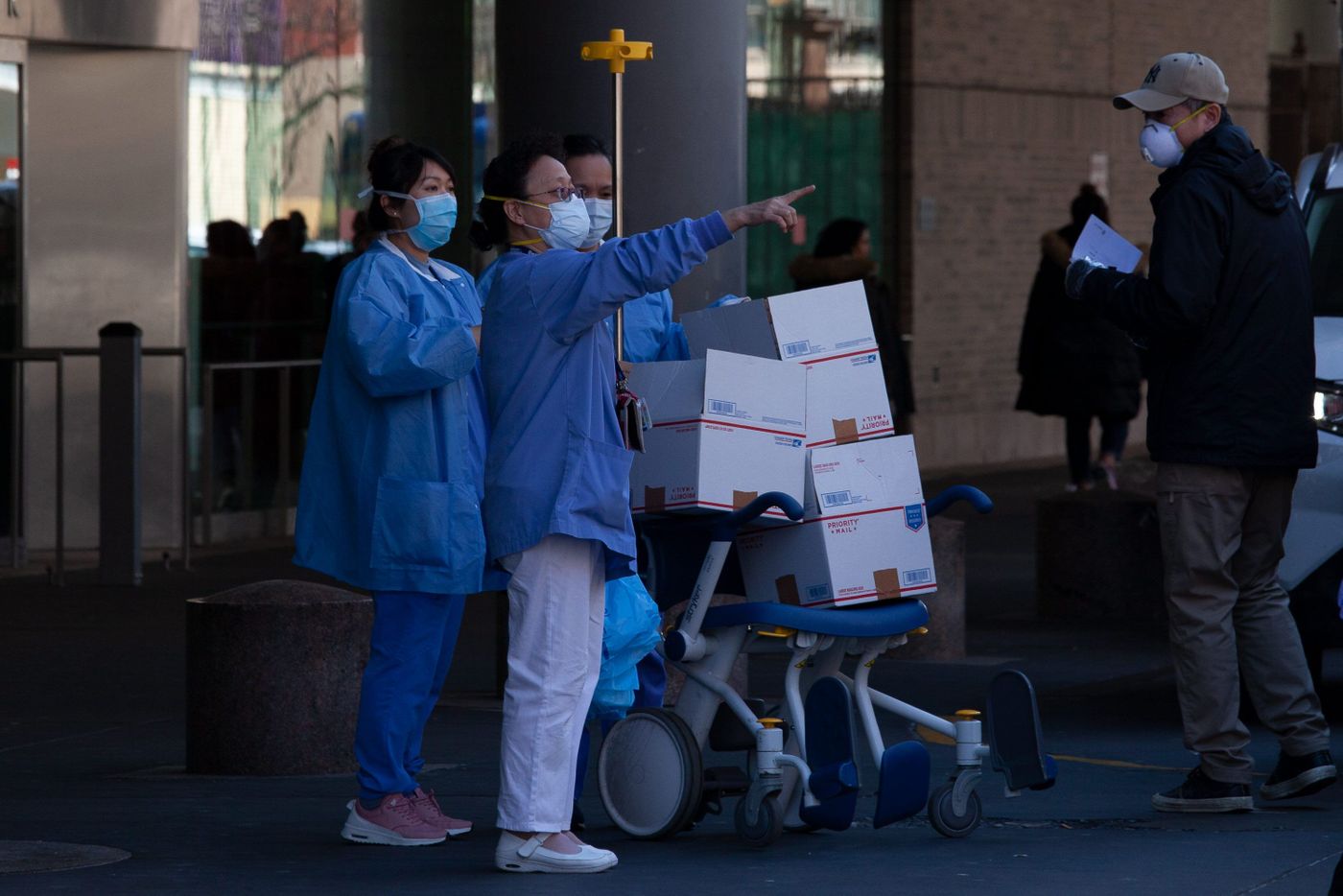
Asked about the caseload for nurses at Bellevue, Health and Hospitals Corporation spokesperson Christopher Miller said officials have increased nursing staff at the hospital, and will hire more as needed.
Still, a Bellevue staffer recently asked nurses to sign a “competency form” stating they were trained in specific ICU tasks for which they had not received training, the nurse told THE CITY.
“There are all kinds of compromises being made,” the nurse said. “When is it a compromise to advance care, and when is it a compromise by the hospital to have it look good? Then if you go in and f— something up, you’ve signed something saying you’re trained and you’re not.”
Asked about this, HHC spokesperson Miller said “no one was forced to sign competency forms.”
“Because of the great need, there was an initiative to identify nurses who had Critical Care experience and they were asked to validate their competencies in Critical Care,” he added.
Protection Problems
Even as the rate of hospitalizations improved last week, Governor Andrew Cuomo’s top aide, Melissa DeRosa, promised the state was working on getting appropriate supplies to hospitals strapped for equipment.
On Sunday, de Blasio said hospitals in New York City had enough PPE to get through this week, but after that all bets are off.
As of late last week, doctors, nurses and medical technicians at Bellevue were scrounging for eye protection, surgical masks, gowns and gloves, and were forced to reuse N95 masks that have been exposed to coronavirus, the nurse told THE CITY.
Last Wednesday, Bellevue ran out of N95s —the masks that offer the best protection from the virus — according to a source familiar with what’s happening within the hospital. The source said the city Health and Hospitals Corporation obtained a new supply later in the week.
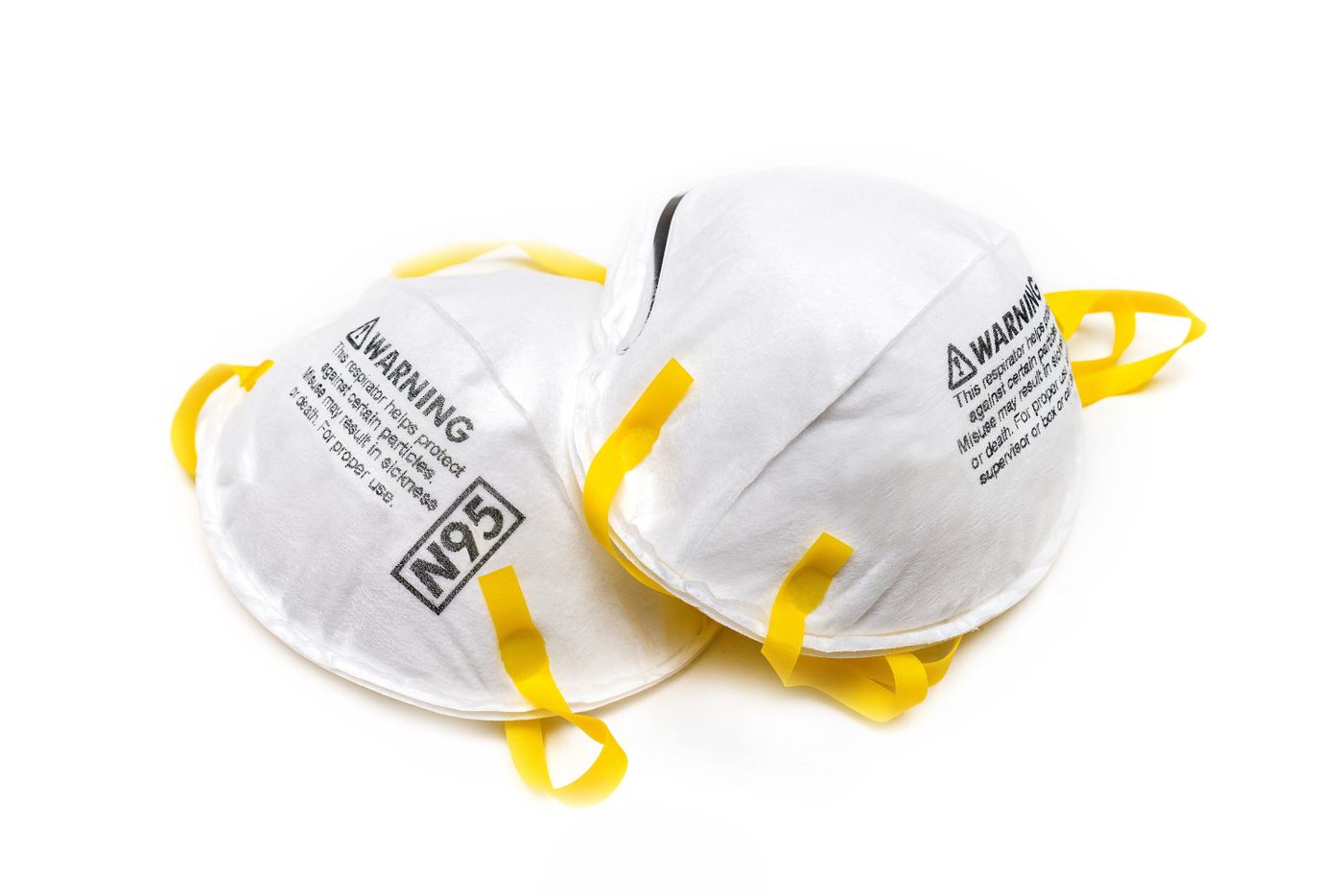
On Sunday, Miller said the city’s public hospitals now have “adequate supplies of PPE” and that staff is “working day and night to secure supplies for our heroic front line health care workers. We are working closely with our main suppliers, reaching out to others, and are leaving no stone unturned.”
Meanwhile, the task of administering competent care to the growing number of very sick patients is increasingly daunting. The source described the COVID-19 and presumed COVID-19-positive cases sent to the general medical floors as “sicker than normal patients.
“When they come in, they’re really sick and when they decompensate [deteriorate], they decompensate really fast. Within hours.”
‘Like a Pinball Bouncing’
Dangerously ill patients who are supposed to be monitored every 15 minutes are being checked every hour or longer because it’s difficult to keep getting into and then out of gear every time staff goes into a room.
The nurse described a COVID-19 patient who would not follow directions for her care, so staff was supposed to keep a close eye on her. Because of the cumbersome protective regimen, that didn’t happen.
“She was not compliant about keeping her oxygen on. You get all kinds of altered states with this. Some are lucid, some don’t know where they are, don’t know why they’re there, don’t understand their lack of abilities,” the nurse recalled. “This person, they’re inside [the room], you can’t see them, going an hour or more without seeing them. So she’s dead. I have to tie her hands together, tie her feet together, put her in a body bag.”
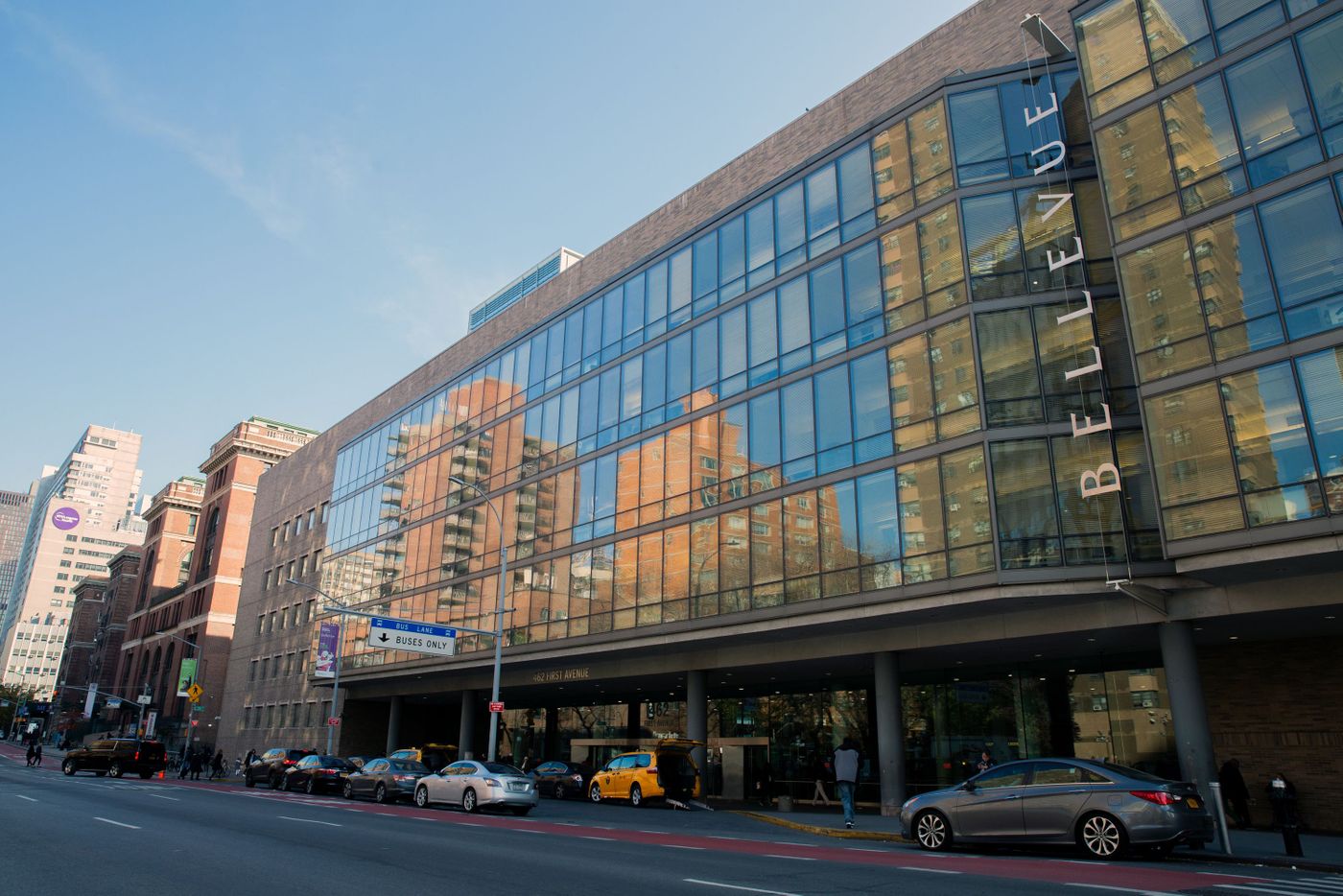
Seriously ill patients are now routinely sent up to the general medical floor from the Emergency Department without a call ahead.
“During the course of our days, people are just showing up on stretchers who are positive. We’re not getting calls from the ER saying they’re coming up,” the nurse said “They just get word that there’s a bed and they’re sending them up. Yesterday, we didn’t have a bed. So they’re sitting out in a hallway…
“We’re doing everything now. Food service brings up food, leaves the food in the hall, nurses bring it in. By now, nursing is taking on everybody’s job.”
“You’re like a little pinball bouncing from the people who give orders to the people who take orders,” the nurse said. “You got to be on your toes all the time.”
Carl Ginsburg, a spokesperson for the New York State Nurses Association, the union that represents Bellevue nurses, declined to answer questions about staffing and PPE in Bellevue. He referred THE CITY to Todd Schultz, head nurse at Bellevue and the local union president.
“The staff at Bellevue are some of the most dedicated professionals in the world and I am beyond honored to work with them through this challenging time,” Schultz stated.
Nurses Get Sick
The situation has improved since the week of March 11, when a wave of coronavirus patients first hit Bellevue, the source said. Since then, the hospital has greatly expanded its capacity from 780 to 1,100 beds with ICU rooms on every floor.
Still, there’s great pressure to free up beds and find space for new patients. Almost all of the non-COVID-19 patients who were not in dire need of medical care have been discharged, and now patients who test positive are placed in rooms with non-COVID-19 patients, according to the source.
At least one of these non-COVID patients has since tested positive, the source said.
“When private rooms are not available, we may put a (patient) who is very likely to test positive in a semi-private room with a COVID positive patient and ensure the safe and appropriate separation, curtains and spacing,” Miller stated.
And ever-present for all medical staff is the threat of contracting the illness while caring for these patients.
HHC officials have repeatedly declined to release data on how many medical care workers have either tested positive or been required to self-quarantine after displaying symptoms. But sources say the call-outs are consistent enough that each unit has been down one or two nurses each week for weeks.
And as of last week, two Bellevue nurses have been placed on ventilators, the source said. One is off; the other was still intubated as of Friday.
Miller declined to comment, citing privacy laws.
This story was originally published on April 12, 2020 by THE CITY, an independent, nonprofit news organization dedicated to hard-hitting reporting that serves the people of New York.



